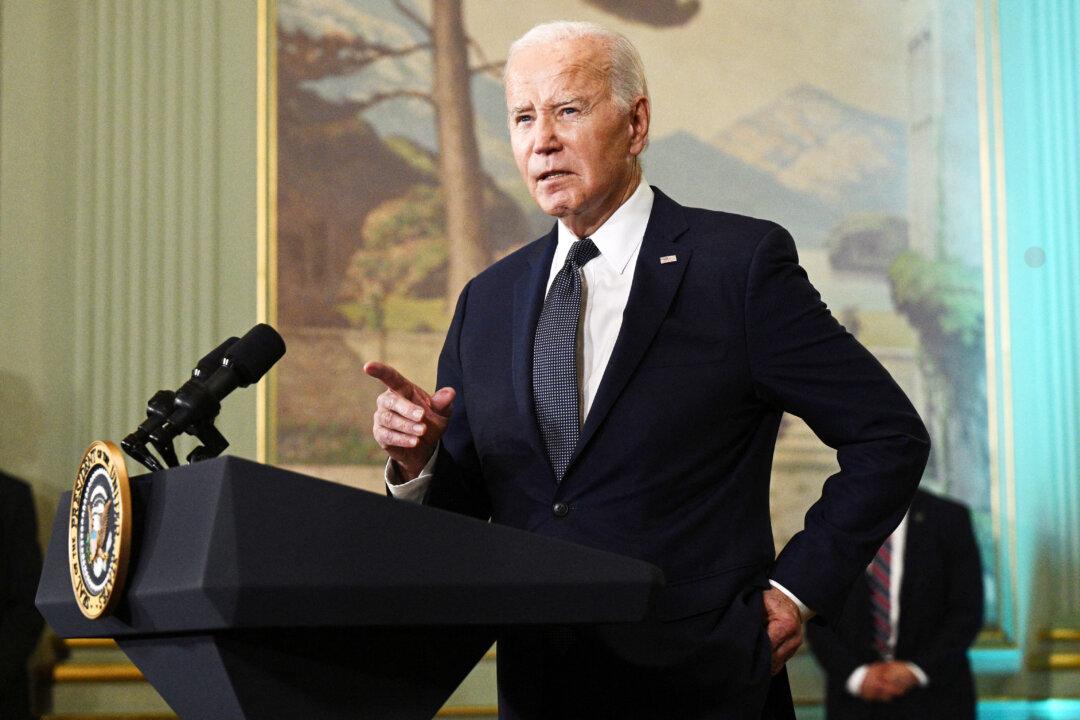President Joe Biden declared an emergency over unsafe levels of lead found in drinking water in the U.S. Virgin Islands on Nov. 18 after locals were warned not to consume tap water.
In a press release, the White House said President Biden had ordered federal assistance to supplement the territory’s response efforts owing to the “emergency conditions resulting from elevated levels of lead and copper in the water supply beginning on October 25, 2023, and continuing.”




